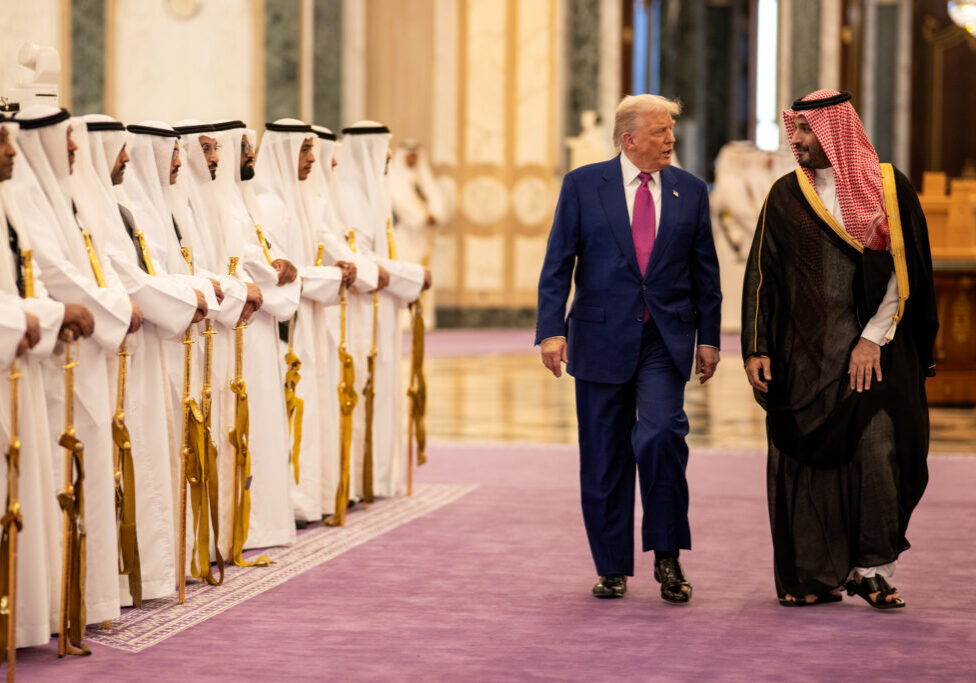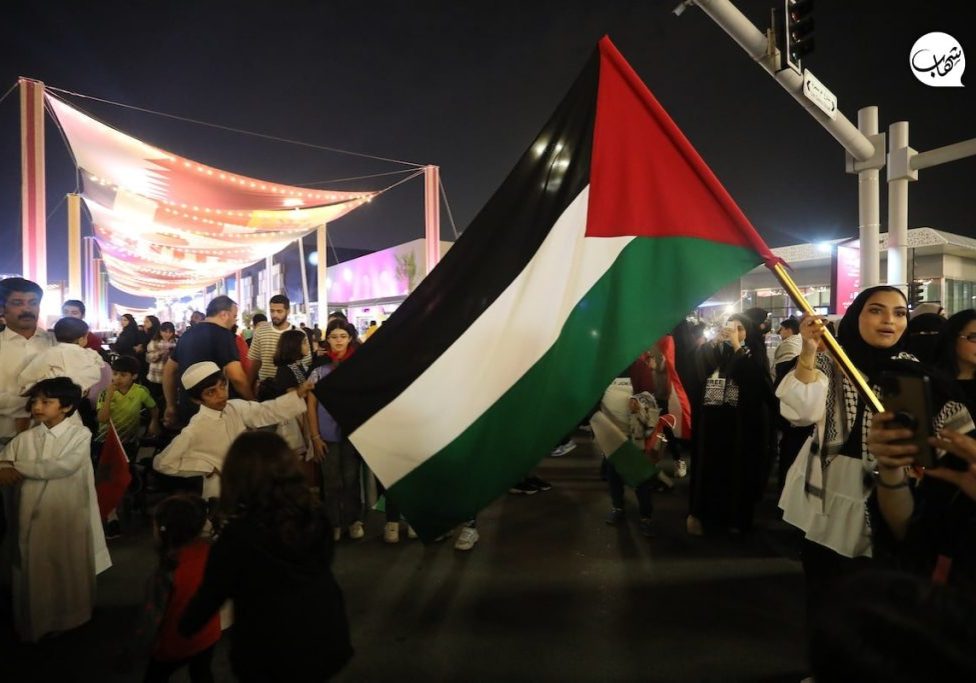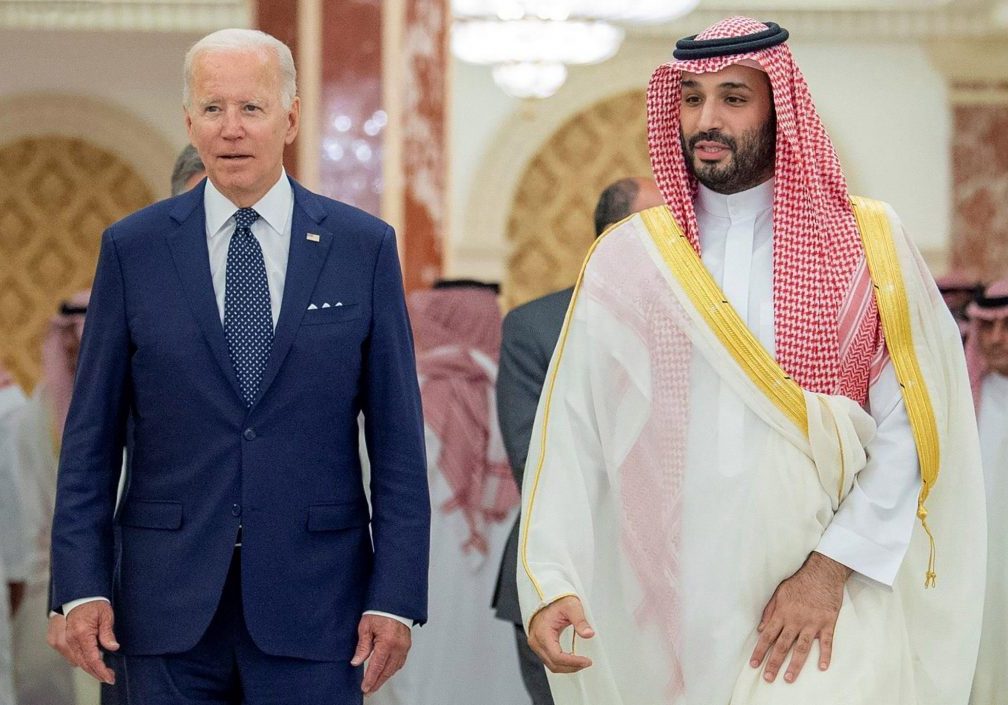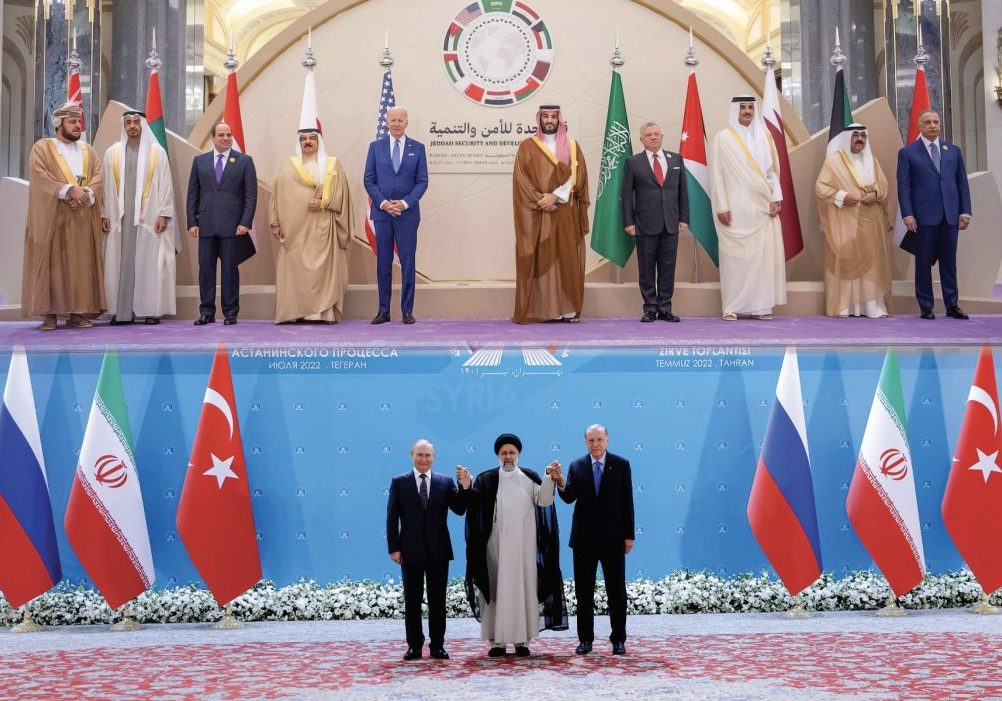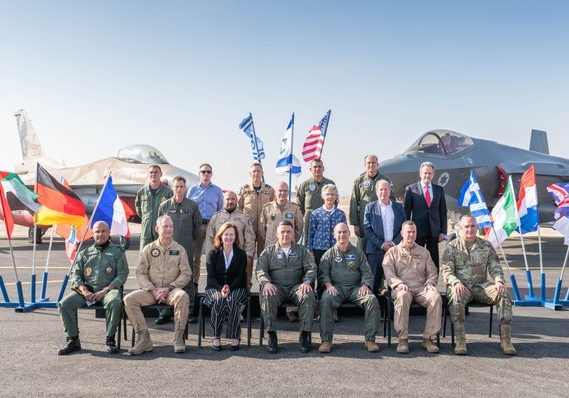Australia/Israel Review
Bahrain, Iran and US Policy
Apr 18, 2011 | Simon Henderson
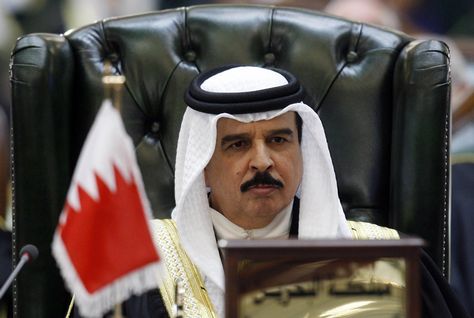
By Simon Henderson
On April 11, US President Barack Obama dispatched his national security adviser, Tom Donilon, on a three-day trip to Saudi Arabia and the United Arab Emirates (UAE). The agenda for the trip likely included the crises in Egypt, Libya, Yemen, and Syria, as well as the situation in Bahrain, where last month both Saudi Arabia and the UAE acted against US wishes by sending forces to support the government of King Hamad bin Isa al-Khalifa. The Gulf leaders likely focused on the growing threat posed by Iran. The issue is straining an otherwise excellent regional security relationship.
BAHRAIN’S STATE OF EMERGENCY
The timing of the visit places a highly unflattering spotlight on the leadership in Bahrain, where a month ago authorities declared a state of emergency after weeks of rioting by members of the majority Shi’ite Muslim community, whose protests targeted the lack of economic opportunities and political freedoms under the Sunni Arab monarchy. Then, just as Donilon departed Washington, Bahraini authorities announced the death in custody of two arrested protesters. Shi’ite activists have alleged the men were beaten and tortured, claims apparently backed by witness accounts of one of the victim’s bruised corpse.
In early April, US Defence Secretary Robert Gates also visited Saudi Arabia and the UAE, meeting with the same interlocutors as those on Donilon’s itinerary: King Abdullah of Saudi Arabia and Crown Prince Muhammad bin Zayed al-Nahyan of Abu Dhabi. Officials accompanying Secretary Gates had anticipated a major focus of the talks in Riyadh to be Iran, and afterward he acknowledged that the United States has “evidence that the Iranians are trying to exploit the situation in Bahrain.”
Yet the acknowledgment by the Obama Administration of Iran’s propensity for mischief does not equate with tagging the Islamic Republic with responsibility for the troubles now sweeping the Gulf island state. In reality, the root of the problem appears to lie with frustration by the island’s Shi’ites over reforms by King Hamad in 2002 that institutionalised rather than removed their second-class status. Moreover, gerrymandering meant that Shi’ite candidates in last October’s parliamentary elections, as in previous contests, won fewer than half the seats even though they make up around 70 percent of the citizenry. In February, the White House was dismayed – and television viewers across the world horrified – when demonstrators, inspired by this year’s popular revolts in Tunisia and Egypt, were confronted by live fire from military vehicles and soldiers.
SPLIT IN BAHRAINI RULING FAMILY
Within the ruling Khalifa family, a division seems to exist between hardliners and those advocating a more conciliatory approach. The intervention of Saudi and UAE forces came a day after a March 13 statement by King Hamad’s son, Crown Prince Salman, committing himself to starting a national dialogue aimed at establishing principles including “a parliament with full authority, a government that represents the will of the people, and fair voting districts.” The Bahraini Government insists that, despite setbacks, the dialogue continues. But the security forces have been dealing harshly with protests in any form, and a few days after the arrival of Saudi forces, the iconic Pearl Monument – pictured on the Bahraini half-dinar coin – was demolished because it had served as a rallying point for the protesters.
In a conciliatory gesture on April 8, Crown Prince Salman addressed the nation on state-run television, saying: “We all aspire to a better tomorrow, in which nothing but development, progress, respect for the rule of law, and coexistence represent the utmost goal we all seek to achieve… These ideals prove that we are all loyalists and democrats.” Yet other members of the ruling family are still thought to have a tougher, less inclusive approach. King Hamad himself, who has a reputation for indecisiveness, falls somewhere in the middle. Indeed, on the same day as the crown prince made his statement, King Hamad sent a political conservative, his Minister for the Royal Court Sheikh Khalid bin Ahmed al-Khalifa, to visit the similarly hardline King Abdullah of Saudi Arabia. According to the New York Times, after Saudi forces entered Bahrain on March 14 via the 16-mile causeway linking the two countries, King Abdullah told President Obama that Saudi Arabia would never allow Shi’ites to rule Bahrain.
Neither Saudi Arabia – which bankrolls much in Bahrain, from items on the national budget to King Hamad’s personal Boeing 747-400 aircraft – nor the UAE seem amenable to the notion of Bahrain being a test case for the Obama Administration’s policy of promoting universal freedoms of political expression. Instead, both see Bahrain as a red-line in the regional confrontation with a potentially nuclear-armed and hegemonic Iran. Furthermore, as these Gulf leaders consider Washington’s sudden dropping of support for longtime ally President Mubarak of Egypt, they wonder whether they might be next to be tossed overboard. They likewise object to what they see as Washington’s refusal to apply pressure to the Iranian regime since the 2009 disputed elections and Teheran’s vicious responses to demonstrations in the capital and other cities.
Washington must be mindful of the benefits of its close ties with Saudi Arabia and the UAE, which along with Bahrain, Kuwait, Qatar, and Oman make up the Gulf Cooperation Council (GCC). As well as holding much of the world’s oil and gas reserves, GCC countries provide crucial base facilities for US forces operating in the region in support of operations in Iraq and Afghanistan and in containing Iran. In recent days, the GCC has also been putting pressure on President Ali Saleh of Yemen to surrender power to a successor, a priority shared by Washington. And Qatar and the UAE have supplied aircraft for patrolling the no-fly zone over Libya.
In the case of Bahrain, the island hosts the headquarters of the US Fifth Fleet, located in a suburb of Manama, the capital. In addition, US military aircraft use the Sheikh Isa Air Base in the south of the island. But this relationship’s utility must be balanced against the danger that the Bahraini Government’s security tactics will make it politically less attractive. Already, the menacing stance of Bahraini soldiers positioned at major road intersections and outside government buildings have altered the island’s reputation of benevolent hospitality for expatriate workers and their families.
During his visits, National Security Adviser Donilon likely carried a message from President Obama himself. This message could have been a reaction to comments made to Secretary Gates during his visit last week, or a response to a request carried back to Washington by the Defence Secretary. The good news is that allies are talking. The White House announcement itself states that the “visit underscores the importance of our relationship with these two key partners.” These partnerships have already resulted in similar views over how to handle Yemen and Libya. The bad news is that the United States and its Gulf allies are at odds on how to achieve political progress in Bahrain. Without sorting that out, Washington’s relations with Manama will remain problematic – and vulnerable to exploitation by Iran.
Simon Henderson is the Baker Fellow and Director of the Gulf and Energy Policy Program at The Washington Institute for Near East Policy. © Washington Institute, reprinted by permission, all rights reserved.
Tags: Gulf states

